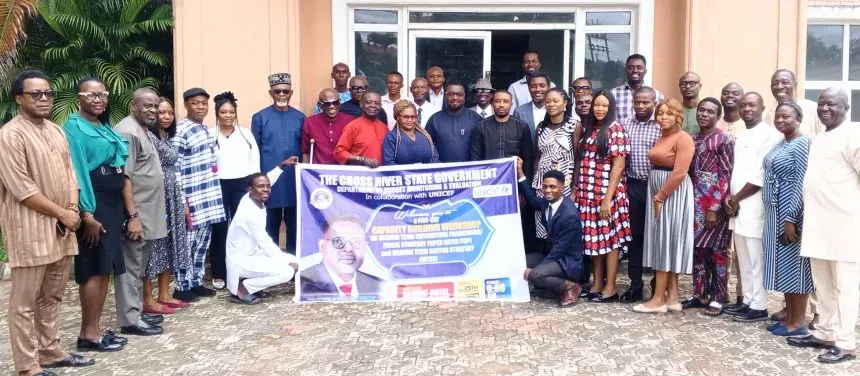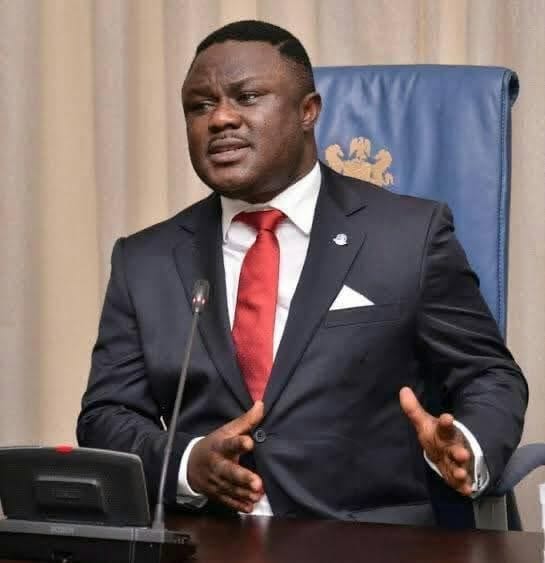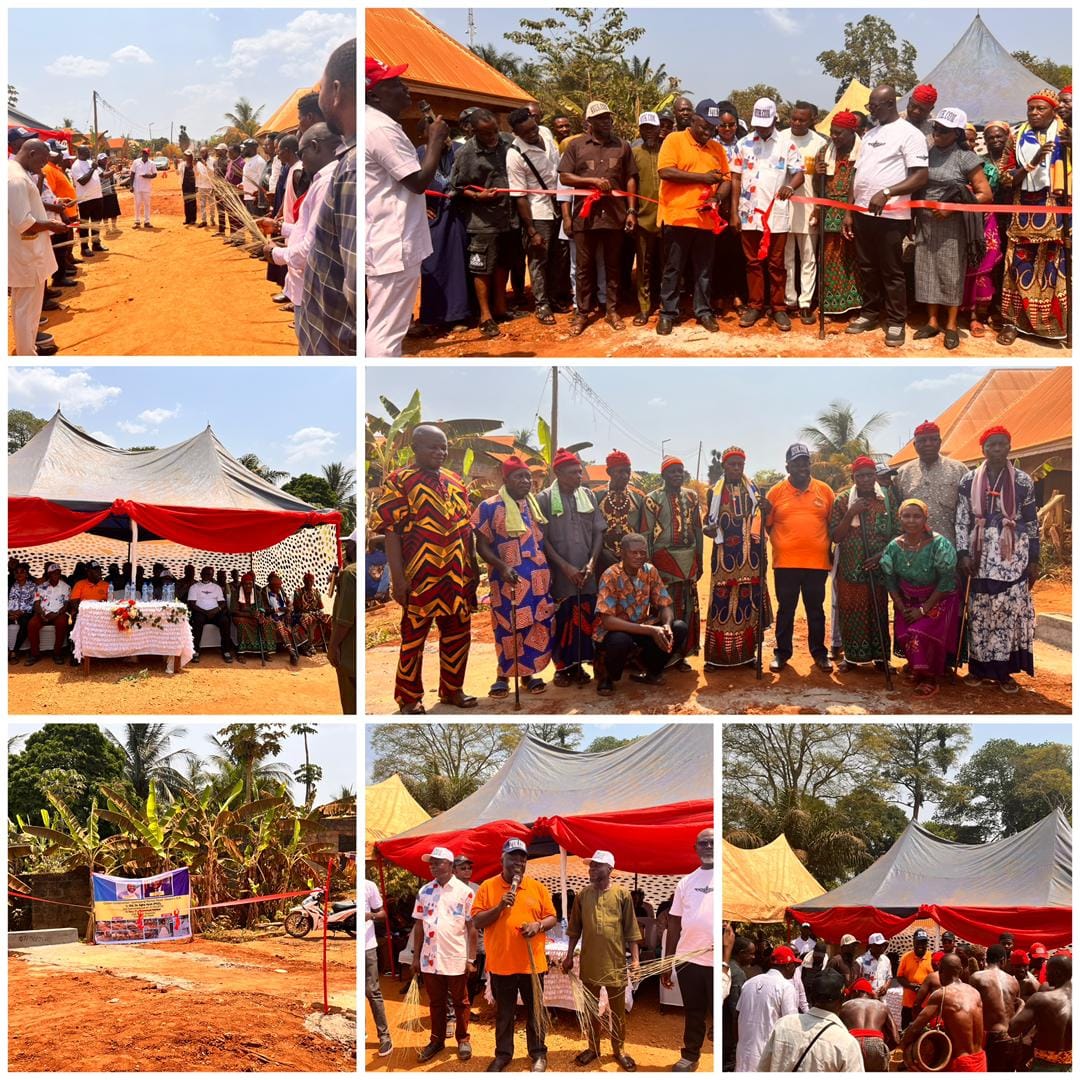The Cross River State Government has expressed confidence that its 2025 fiscal year will close with a 90 per cent budget performance, building on the 85 per cent achieved in 2024, following renewed efforts to strengthen public financial management systems.
This declaration was made on Monday during a presentation of the Cross River Medium-Term Expenditure Framework (2026-2028) and Development of the Medium-Term Sector Strategy at Danic Hotel, Calabar, sponsored by the United Nations Children’s Fund (UNICEF).
The Special Adviser to the State Governor on Budget, Mr Otu Otu Ita, disclosed that the state’s 2024 budget achieved an 85 per cent performance rate, while the 2025 budget had reached 35 per cent implementation by the end of the second quarter. With a supplementary provision of N104 billion signed into law in August to reflect new revenue inflows, he expressed optimism that the 2025 budget could achieve up to 90 per cent performance.
He explained that the state is committed to plan-based budgeting and prudent resource allocation.
“We want a system where revenue projections match expenditure, based on proper economic analysis. From 2021, we have improved our processes, but there is always room for growth. That is why we are grateful to UNICEF for this technical support, and we are hoping that budget officers will learn best practices in the course of this workshop,” he stated.
On leakages, the adviser noted that the state’s finance management system had been tightened, with due diligence processes and legislative oversight helping to curb wastage.
In her remarks, the Chief of UNICEF Field Office, Enugu, Juliet Chiluwe, who was represented by UNICEF’s Social Policy Officer for Enugu Field Office, Victor Chima, said the engagement was part of a broader initiative to build the capacity of budget officers across ministries, departments and agencies (MDAs).
“We are supporting Cross River state in terms of strengthening the public financial management system through capacity building for the medium-term expenditure framework and the medium-term sector strategies for WASH, education, social protection, and health”.
According to Chima, UNICEF’s support is tailored to ensure better alignment of budget implementation with the state’s development plan.
“This effort is to enhance public financial management in sectors critical to women and children. While Cross River has recorded progress in budget implementation, there is still room for improvement, particularly in increasing allocations and ensuring timely releases for social services,” he said.
He stressed that UNICEF does not set targets for states but works to strengthen their systems and provide technical assistance to help them achieve their own development priorities.
A Public Finance Management expert, Oluwasola Omoju, in his presentation “Overview of the Budget and Appropriation Process”, stressed that Nigeria’s budgeting process still suffers structural weaknesses that undermine its impact on citizens. He cited delays and arbitrariness in budget presentation, lack of a predictable budget calendar, and weak oversight functions as major challenges.
“Government spends a lot of money, but the impact on people’s lives remains limited. A predictable budget calendar and reforms to strengthen legislative independence are critical. Oversight is compromised when lawmakers rely on the executive or external organisations for funding, rather than having dedicated resources to carry out their constitutional roles,” he said.
He added that while national assemblies have some financial autonomy, most state assemblies still depend on governors for funding, a situation he described as unhealthy for accountability.
The expert also called attention to the need for strict adherence to the constitutional provision that places the Public Accounts Committee under the leadership of the opposition, warning that the dominance of single parties in most state assemblies undermines effective checks and balances.
Joseph Abasi-Abasi, TribuneOnlineNG





